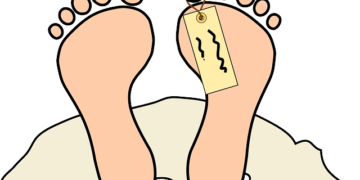Prices of essential medicines are set to be hiked by a further 12 per cent come April 1, much to the disappointment of the Centre of Medical and Sales Representative Union, Shillong.
The National Pharmaceutical Pricing Authority (NPPA) announced an increase of 12.12 per cent in the wholesale price index (WPI) on March 25.
“This is the second year in a row that the WPI is higher than the annual permitted price hike (10 per cent) for non-scheduled formulation,” the CRU said. “This hike will affect 384 essential drugs and over 1,000 formulations that are covered under the National List of Essential Medicines (NLEM).”
This list includes painkillers, antibiotics, “anti-infective” and cardiac medicines.
With an 11 per cent hike in medicine prices in 2022 and a 12 per cent increase for the coming financial year, the public is having to bear with an increase of nearly a quarter in two years.
The whole purpose of setting prices is undermined by the government, the CRU said, as only a “miniscule” 16 per cent of medicines have their prices controlled.
“The price control mechanism being practised by the government is not based on the cost of manufacturing but the upper price cap is determined by the market price mechanism. The mean price value of the top 10 brands determines the upper price cap for a formulation,” the CRU said. “Hence, on the one hand NLEM does not include 84 per cent of the pharma formulations, which essentially means that they are outside the purview of any price control mechanism, and for those formulations that are under NLEM, the new policy of wholesale price index determines the price hike. Over and above, all essential medicines also attract Goods and Service Tax (GST), which in turn also increases the price that a patient has to pay even if it means that he is taking medicine to save his or his dear one’s life.”
The CRU thus called on the central government to roll back the price hike, change the price setting mechanism and scrap GST on all essential medicines.
























